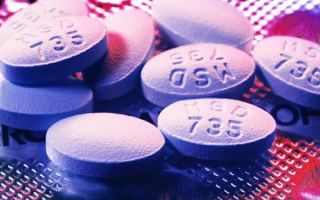Content
- 1 What are statins
- 2 Types of statins
- 3 Mechanism of action of statins
- 4 Why statins are useful
- 5 Indications for statin use
- 6 Latest generation statin drug names
- 7 How to take statins correctly
- 8 Harm of statins and side effects
- 9 Contraindications to statin use
- 10 Compatibility with other substances
- 11 Natural statins
- 12 Choosing the right statins
- 13 Conclusion
- 14 Patient reviews
The benefits and harms of statins are a question that is of great interest to all people with high blood cholesterol levels. Medicines are considered the most effective way to combat harmful cholesterol, but it is necessary to figure out whether they themselves will nano-harm the body.
What are statins
Statins are drugs with increased potency, designed to lower bad cholesterol in the blood. The essence of the action of the drugs is that they affect the liver and block the production of a special enzyme responsible for the formation of cholesterol compounds.
Studies have confirmed the benefits of statins. Their properties significantly reduce the risk of strokes and heart attacks, and these diseases are the main danger with high cholesterol. To date, beneficial statins remain the most effective group of anti-cholesterol drugs.
Types of statins
In pharmacies, you can find quite a few useful drugs belonging to the category of statins. They are divided into groups in accordance with several methods at once.

- By origin. Statins can be natural, obtained using the lower fungi Aspergillusterreus, and semi-synthetic - created by modifying natural compounds by chemical means. There are also fully synthetic statins made without the use of natural compounds.
- By generation. This classification method is rarely used, because it tells almost nothing about the properties and effectiveness of drugs, but only speaks about the time of release into circulation.
- By the main active ingredient it is customary to isolate substances such as Lovastatin, Rosuvastatin, Fluvastatin, Atorvastatin and Simvastatin.
Mechanism of action of statins
The use of statins in the fight against cholesterol is due to the fact that drugs work at the most subtle level - the biochemical one. In principle, they block the production of an enzyme in the liver that is responsible for the appearance of cholesterol compounds.
Thus, soon after the start of taking beneficial drugs, the baseline cholesterol level is markedly reduced. Harmful lipids, or LDL, begin to be synthesized by the body in smaller quantities, but the volume of useful lipids, or HDL, can increase.
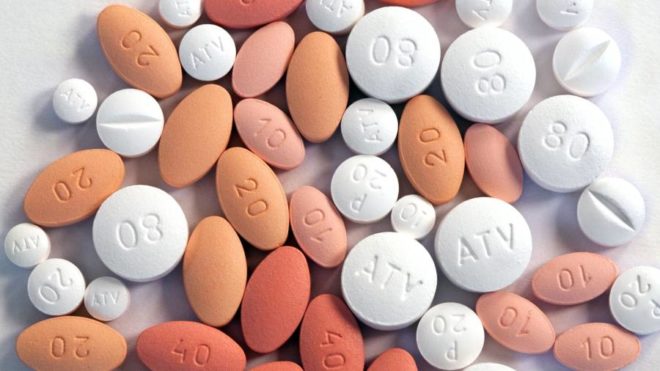
While taking statins, the balance of bad and good cholesterol gradually returns to normal, and the harm to health is significantly reduced.
Why statins are useful
Among the useful properties of pharmacological drugs, several can be listed. The effect of statins on the human body is expressed in the fact that drugs:
- reduce the risk of ischemia in people with impaired blood supply to the brain and heart;
- protect patients from the risk group from the development of cardiac ailments: smokers, people over 60 years old, diabetics;
- reduce the likelihood of complications of cardiovascular diseases;
- serve as prevention of encephalopathy;
- improve the quality of life of patients with serious disorders of blood supply and heart rhythm;
- slow down the development of atherosclerosis in the presence of a predisposition;
- work much faster and more efficiently than other medications combined with wellness diets.
It is noted that statins have a good effect on potency - improving blood circulation has a positive effect on the sexual functions of men.

Indications for statin use
Since statins are very strong pharmacological drugs, they can only be prescribed by a doctor and only if you have really serious diseases. The indications for taking statins are:
- coronary heart disease;
- non-alcoholic fatty liver disease;
- diabetes mellitus and obesity - the effect of statins on blood sugar levels is most often positive;
- acquired or hereditary high cholesterol;
- previous myocardial infarction;
- performed operations for bypass grafting, angioplasty or stenting of the heart.
Latest generation statin drug names
Currently, there are 4 generations of drugs belonging to the statin category. Doctors prefer to prescribe drugs to patients of the latest, fourth generation. The harm and benefits of taking modern statins are balanced: the valuable properties are greater, and the side effects are minimal.
The latest generation of statins include:
- drug Atorvastatin, also on sale under the names Vasator and Novosostat, Atoris and Liprimar, Torvakard and Torvas;
- drug Rosuvastatin, produced under the names Rosucard and Rosart, Mertenil and Acorta, Tevastor and Suvardio;
- Pitavastatin drug - unlike the two previous ones, it is found in pharmacies quite rarely and is mainly used for intolerance to Rosuvastatin, since the useful properties of the two drugs are very similar.
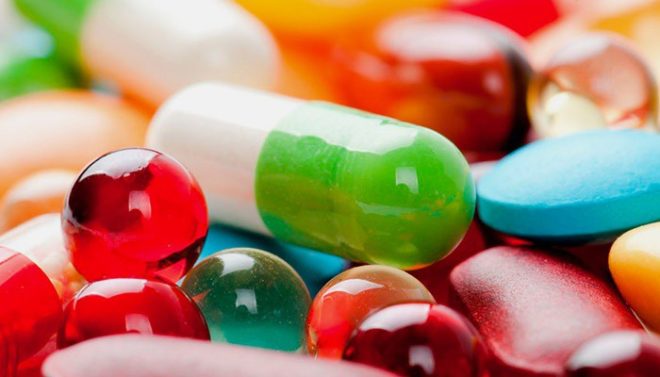
Preparations may differ in price, manufacturer, form of release and dosage options, but they all contain one of the three active ingredients mentioned above.
How to take statins correctly
The benefits and harms of statins for the body depend on proper administration. It is necessary to use drugs in strict accordance with the doctor's prescriptions. However, there are general guidelines.
- It is best to drink medicines at night, after dinner - at night, drugs show the greatest benefit.
- The average daily dose of statins is 20 to 40 mg, but the exact dosage depends on the specific drug and the patient's health.
- While taking statins, you must carefully monitor your own condition. The properties of medications should be beneficial, if no effect from statins is noticeable, the doctor should be informed about this. He will be able to prescribe an increased dosage, supplement the use of statins with other treatment regimens, or replace selected statins with stronger ones.
The dosage of useful drugs can be both curative and maintenance. After normalizing cholesterol levels, it is important to cut back on drugs and switch to a maintenance dose.

The benefits and harms of statins for older people deserve special attention, as the body becomes more sensitive in old age. Older adults are better off choosing the most advanced statins of the latest generation with a minimum of side effects.
Harm of statins and side effects
The benefits and harms of statins for high cholesterol are complementary. For all their unconditional value, these drugs can cause severe harm with prolonged use.
Effects of statins on the brain
Clinical practice shows that with long-term use, the properties of statins harm the activity of the brain. The risk of developing polyneuropathy increases, problems with the vestibular apparatus and speech functions appear.
There are also violations of fine motor skills of movements, problems with short-term memory, in some cases, sleep worsens.

Effects on the liver
Since statins mainly affect the liver, then this organ takes on the main harm from drugs. Long-term use of statins seriously disrupts the natural processes of liver enzyme synthesis, and many patients are faced with the destruction of liver cells.
Despite the fact that the liver has powerful self-regenerating abilities, the danger posed by statins cannot be neglected. When taking medications, it is necessary to regularly take appropriate tests for the level of ALT, AST and for total and direct or indirect bilirubin.
If the effect of statins on the blood is negative, and the indicators of liver enzymes and bilirubin deviate greatly from the norm, it is necessary to adjust the treatment regimen. Most often, the attending physician simply reduces the dosage of statins - the harm to the liver directly depends on the amount of medication taken.
In such cases, the properties of statins are life-threatening and not beneficial.
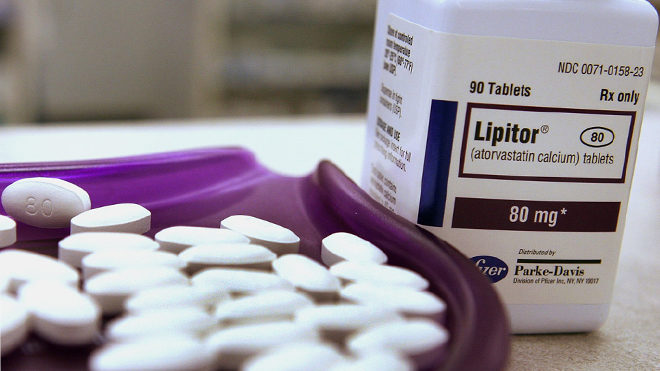
Effects on joints and muscles
Side effects of statins are often manifested in relation to the musculoskeletal and muscular system. With a negative reaction to taking drugs, pain in the muscles and joints, myopathy and rhabdomyolysis are observed - a critical destruction of muscle tissue.
Effects on the digestive system
In some cases, the properties of statins can harm the intestines and stomach. Against the background of their use, chronic constipation and flatulence appear, there is a loss of appetite. Some patients develop ailments such as pancreatitis or fatty liver, in rare cases statins lead to anorexia.
Statins need to be replaced with useful drugs with another active substance, or they must be canceled completely.
Damage to the nervous system
If the patient's body reacts poorly to the properties of statins, then the following neurological disorders may develop:
- insomnia and mood swings;
- memory impairment;
- convulsions and dizziness;
- frequent migraines.
In addition, the risk of developing Alzheimer's and Parkinson's disease in elderly patients increases.
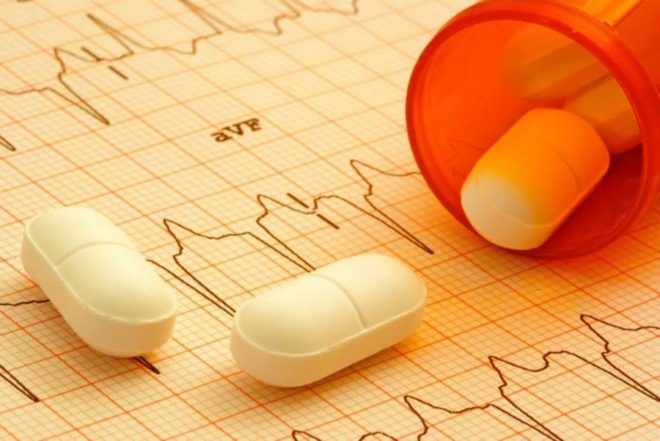
Effects on the cardiovascular system
Despite the fact that useful statins are intended specifically to protect the body from heart attacks and strokes, in about 1.5% of cases, their properties lead to the opposite effect. Against the background of their intake, patients may develop:
- hypertension and migraine;
- hypotension and expansion of peripheral vessels;
- arrhythmia and heart palpitations.
At the beginning of the drug intake, angina attacks are often observed, but most often they pass quickly.
Effects on the respiratory system
The use of statins can negatively affect the respiratory system. In particular, when they are taken, the following are observed:
- weakening of immunity and the development of chronic rhinitis and sinusitis;
- nosebleeds;
- violations of free breathing;
- bronchial asthma.
With infections, the risk of developing bronchitis and pneumonia increases.

Kidney damage
The properties of statins can have a negative effect on the kidneys and urinary system. A certain number of patients develop urological infections and cystitis. In some cases, edema and impaired renal functions are observed, which are reflected in laboratory tests, hematuria, proteinuria and other abnormalities may appear.
Allergy appearance
Allergies are one of the rarest side effects of statins on the body. However, sometimes patients are faced with, inter alia, itchy skin and rash, local edema or urticaria.
As for serious complications, isolated cases of the development of dangerous skin diseases and anaphylactic shock were recorded all over the world. Therefore, allergic harm from statins is usually considered mild.
Contraindications to statin use
Despite the potential harms of using statins, they often outweigh the benefits when it comes to fighting high cholesterol. However, there are patients who are completely prohibited from taking drugs. Contraindications for the use of beneficial statins are:
- pregnancy;
- children up to age 18;
- acute renal failure;
- the presence of severe allergic reactions to statins;
- negative reaction of the liver and pronounced destruction of its tissues.

It should be noted that statins are contraindicated in conditions of moderate severity, when more benign drugs can be beneficial. Strong medications with a wide range of side effects are prescribed by doctors only in critical conditions.
However, only a doctor can determine the benefits of such therapy.
Compatibility with other substances
The benefits and harms of statins for human health largely depend on what other medications are taken simultaneously with them.
For example, the simultaneous use of useful statins and medications for the treatment of HIV infection is prohibited. You cannot take statins at the same time as the drug Erythromycin - there will be no benefit in this, since medicinal substances will be excreted from the body too quickly due to increased peristalsis.
Natural statins
Some foods and medicinal plants have a similar effect to statins, although their properties are much weaker. For example, natural statins include:
- red rice;
- sea fish high in fatty acids;
- garlic and turmeric;
- vegetables and fruits;
- berries rich in vitamin C;
- greens high in niacin;
- low-carb foods.
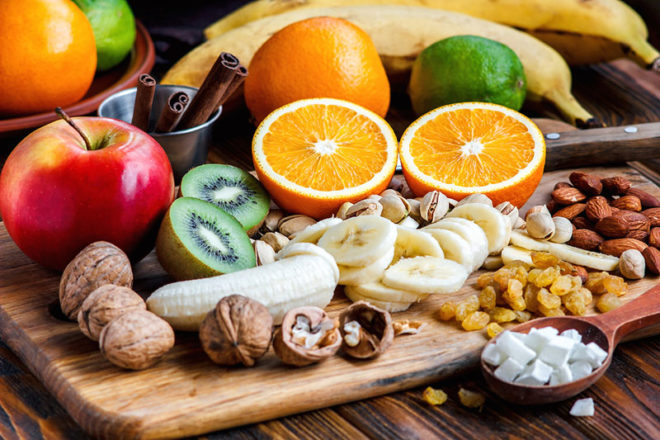
Plantain and dandelion root, golden mustache and white mistletoe are also natural statins. With a slightly elevated cholesterol level, the properties of the listed products are beneficial.
Choosing the right statins
Statins are classified as prescription drugs, so they cannot be self-administered. The selection of useful medications is carried out by the doctor, who relies on the age and gender of the patient, his history and test results, the presence or absence of bad habits.
However, the patient can also take part in the choice of the drug by expressing his wishes to the doctor. If you have the financial opportunity, it is recommended to ask your doctor for a prescription for one of the original drugs - the benefits of generics are lower, and they often give side effects.
In addition, you can express your wishes regarding the active substance. So, in the presence of liver disease, it is recommended to stop the choice on Pravastatin or Rosuvastatin. The useful Pravastatin is also recommended for patients with a tendency to muscle pain, it is less likely to harm the musculoskeletal system and muscle tissues.In chronic kidney disease, it is not recommended to take Atorvastatin - its properties can aggravate the disease.

Conclusion
The benefits and harms of statins counterbalance each other with the correct selection of drugs. Despite the abundance of side effects with statins, they are still the most effective treatment for high cholesterol, and this justifies the risks associated with them.
Patient reviews

